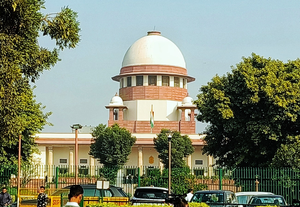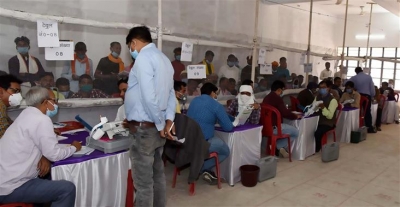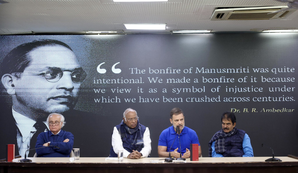
Chennai, Jan 30 : The Tamil Nadu government will constitute a mandatory state commission for sexual and gender minorities.
This was revealed in the Tamil Nadu Gender and Sexual Minority (LGBTQIA+) draft policy submitted before the Tamil Nadu Social Welfare Commissionerate.
A committee consisting of LGBTQIA+ persons prepared the draft policy document after holding consultations with the LGBTQIA+ community. According to officials of the Commissionerate 240 persons from the LGBTQIA+ communities were consulted before the draft was submitted after 10 consultations were held.
The policy document also referred to an earlier version prepared by the Tamil Nadu State Planning Commission.
The policy also recommends horizontal reservation in education and employment for the transgender and intersex persons besides imposing a bar on being fired from jobs if employees undergo a change in gender identity.
The draft policy also suggests equal recognition of transmasculine (Tirunambi) and intersex persons as was being done in the case of transfeminine (Tirunangai) persons.
Justice N. Anand Venkatesh of the Madras High Court gave three months time for implementing the policy and adjourned a case in which he has been issuing directives for the welfare of LGBTQIA+ persons from 2021 to June 2024. The judge provided time after public prosecutor Hassan Mohammed Jinnah sought time for the state government to finalise the policy after holding discussions with all stakeholders.
The judge while providing time after reading the draft policy document commended the state government and said, “The policy underscores a notable commitment to empowerment and inclusivity, articulating detailed rights related to movement, property, and public office for the LGBTQIA+ community.”
He stated, “commendable stride towards recognising the rights of trans and intersex individuals… The policy’s consideration for specific sub-groups within the LGBTQIA+ community speaks to a nuanced approach to services, inclusion, and sensitisation.”
The draft policy envisages the provision of separate cells and showers for transmasculine and transfeminine inmates in prisons; protection from family violence including corrective rape against LGBTQIA+ persons; recognition of same-gender relationships by means of Deed of Familial Association and sensitive gynaecological and sexual/reproductive health care for lesbian, bisexual, pansexual women and transmasculine persons.
The draft policy once implemented will be a landmark move by the Tamil Nadu government and can change the present situation of the LGBTQIA+ communities in the state.This can be replicated in other states as well leading to legal safeguards and protection for the members of the community.






